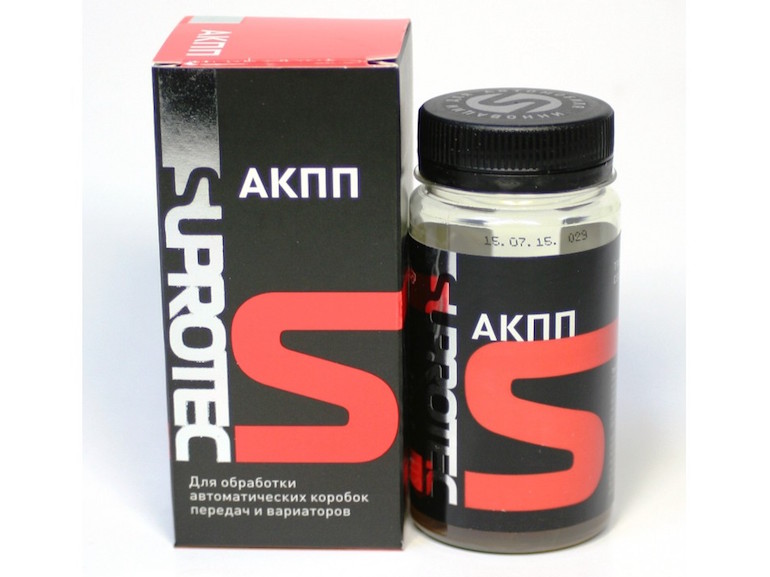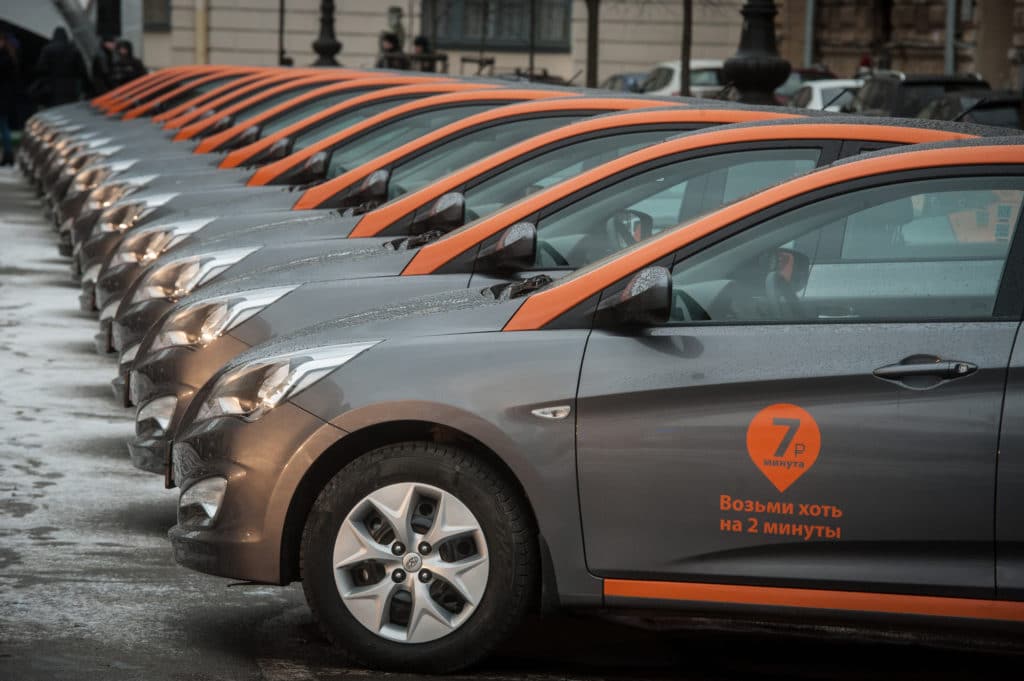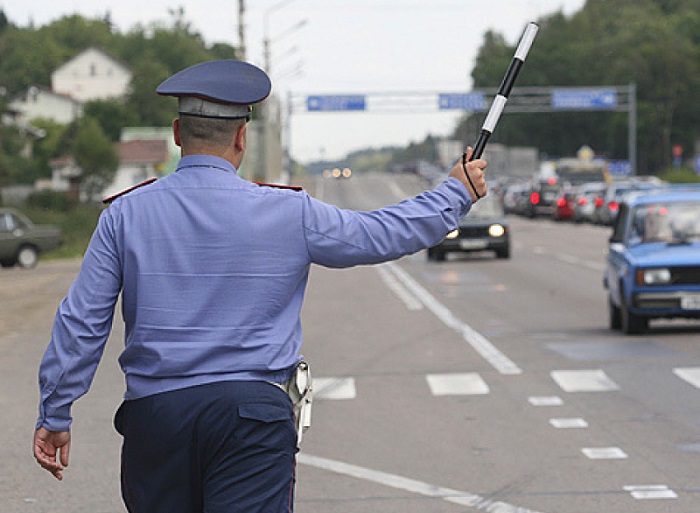
basic provisions, rights and obligations of traffic police officers
Earlier, on the pages of our autoportal Vodi.su, we described in detail Order 185 of the Ministry of Internal Affairs, which regulates the activities of the traffic police. A similar order was adopted in 2009, which deals with the activities of the traffic police. This is order number 186.
In order to avoid any problems on the road, it recommends that you familiarize yourself with the full version of this regulatory act, although it is more about the internal structure and service of traffic police units. We will briefly consider the general provisions and main sections of order No. 186.
Basic Provisions
So, after reading this document, we come to the conclusion that the main task of the traffic police is to create such conditions under which all road users are guaranteed safe and accident-free movement on general roads.
The main functions of the DPS:
- control over compliance with traffic rules;
- traffic control when required;
- registration and production of cases of traffic violations;
- taking measures to prevent accidents on the roads;
- informing the population about emergencies;
- law enforcement in areas of responsibility;
- control over the operation of the roadway, ensuring repair.
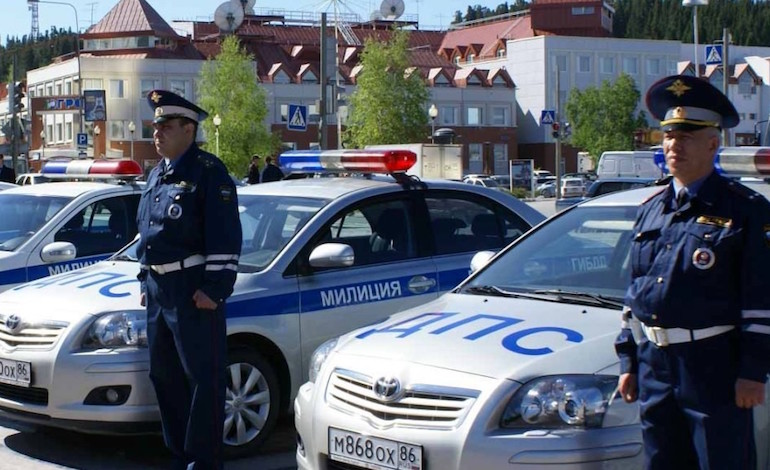
What rights do police officers have?
Duty guards serving in the areas entrusted to them have the following rights:
- require citizens and road users not to violate public order and traffic rules;
- bring the perpetrators to justice - both criminal and administrative;
- give orders to units tied to this section;
- release employees from patrols if they cannot perform their duties for serious reasons;
- request force and even fire support in case of emergency situations.
Each traffic police officer is allowed to serve only after passing the briefing. During the briefing, the commander of the combatant company reports on the situation and the orders received.
Duties of a traffic police patrol
The road patrol service must act in the interests of ordinary citizens and guard their safety and health. Here are the main responsibilities:
- control the situation in your area;
- implementation of urgent measures to restore law and order;
- prosecution and detention of offenders using available vehicles and weapons (in emergency situations);
- assistance to persons injured as a result of an accident or illegal actions of third parties;
- guarding the scene of a crime or an accident;
- leaving his area of responsibility to help other outfits.
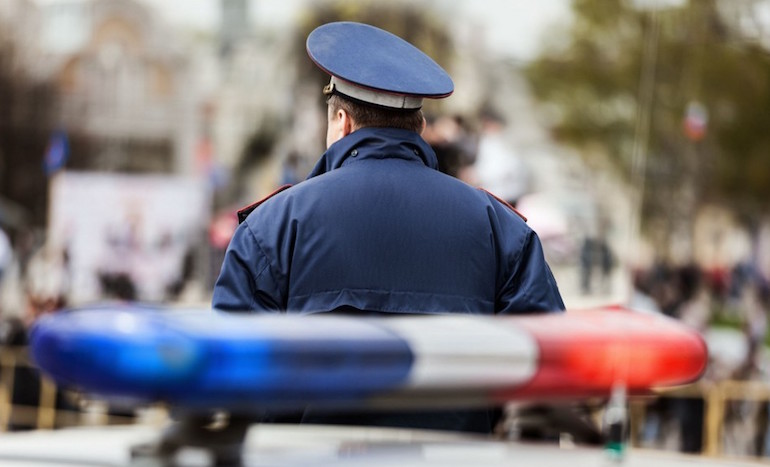
What is forbidden to traffic police officers?
There is a whole list of actions prohibited under Order No. 186.
First of all, patrolmen do not have the right to sleep at their workplace, talk on a walkie-talkie or mobile phone if they do not concern official matters. They are also not allowed to come into contact with citizens and road users, except when required by order. That is, the patrolman cannot talk to the driver about the weather or about yesterday's football match.
Drivers need to pay attention that traffic police officers do not have the right to take material assets and documents from anyone, except when it is required during operational operations. They are prohibited from using unauthorized light signals. They also do not have the right to leave the patrol transport without urgent need. Detainees must not be left unattended. This decree prohibits the use of a car for personal purposes, to transport foreign goods.
Persecution and forced stop of the vehicle
Vehicle pursuit may be initiated in the following cases:
- the driver ignores the request to stop;
- there are visual signs of illegal actions;
- availability of information about the commission of a crime or violation by the driver;
- received instructions from other orders or superiors.
The patrol is obliged to notify the officer on duty about the beginning of the pursuit, and it is necessary to turn on sound and light signals. These signals can also be turned off to simulate the suspension of the chase. The law also says about the possibility of using firearms, provided that this does not create a threat to other participants in the DD.
When forced to stop, barriers of patrol cars can be formed in such a way that the evader cannot use detours. In some situations, in some areas, the movement of other vehicles may be completely restricted during detention.
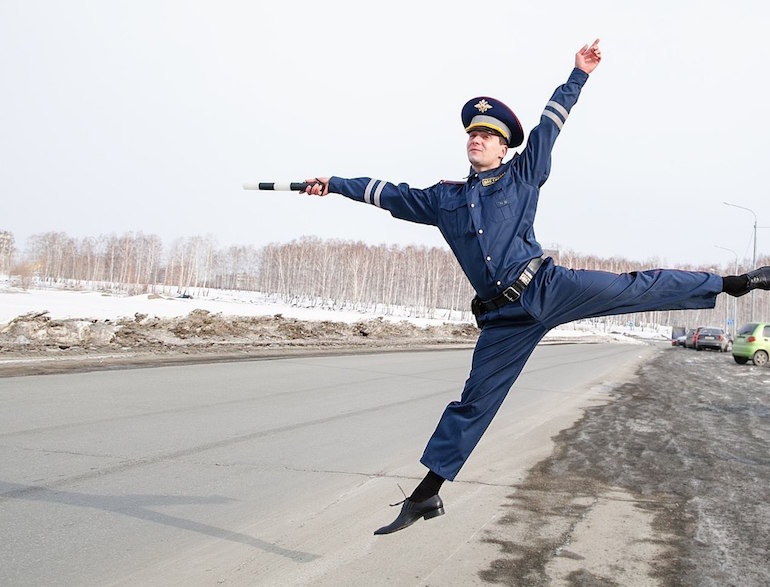
When harassing and forcing a stop, traffic police officers do not have the right to use:
- private cars;
- passenger transport with passengers in it;
- auto diplomatic missions and consulates;
- spectransport;
- trucks with dangerous goods, etc.
Please note that traffic police officers have the right to search personal vehicles, but they are required to inform drivers of the reason for the stop. As you can see, this order contains information about the observance and protection of law and order. Ordinary drivers should understand only the following points from this order:
- DPS - a structural unit of the police;
- it is responsible for law and order not only on the road;
- they can only stop you at checkpoints or if you have a service car with lights on.
Order 186 helps to respond to emergency situations in a timely manner. It also does not give employees the right to go beyond their powers. About any such facts - the transfer of material values or a stop for no reason - you can write complaints to the judicial authorities with fixing the incident on camera.


Watch this video on YouTube
Loading…
